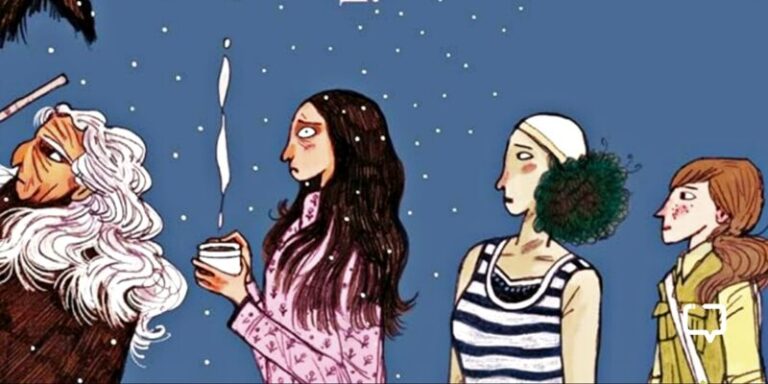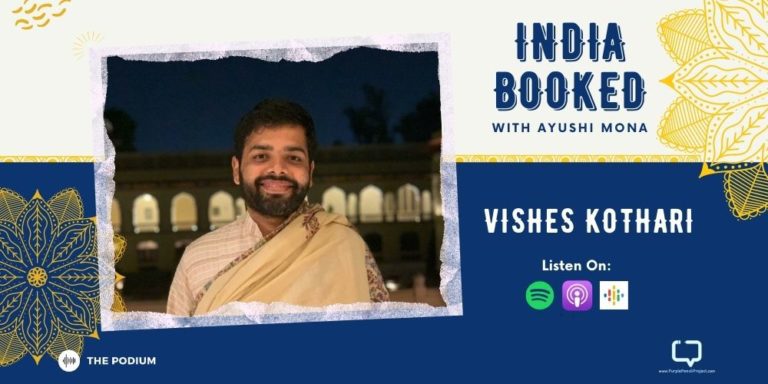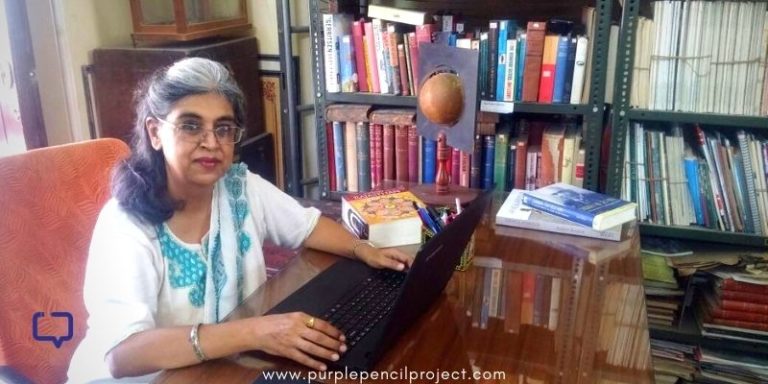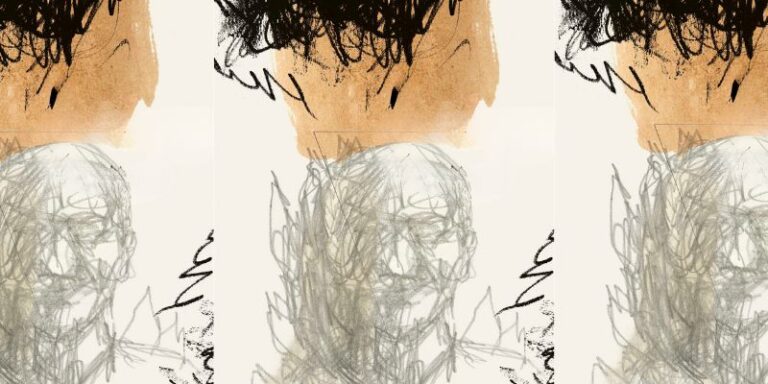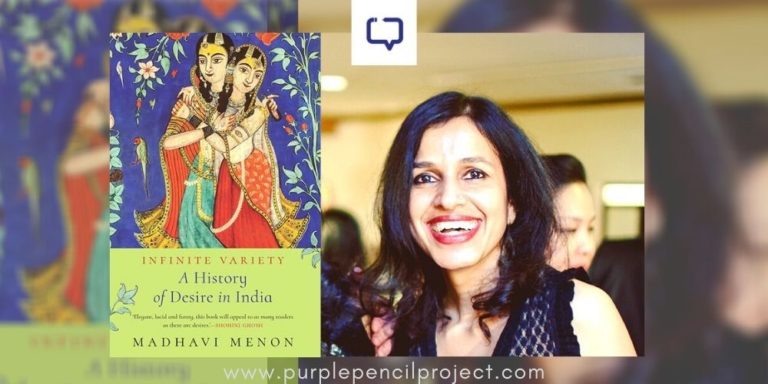Any Indian bibliophile, who has spent his or her childhood and youth in the company of, say, Oliver Twist being led by the artful Dodger to Fagin’s lair or been held in the thrall of Sherlock Holmes and Dr Watson on their trail to discover the truth hidden in the fog of yet another mystery, would reckon that London is not only a picturesque location for many a Hindi-language blockbuster but also a city that is inevitably associated with lasting literary greatness. We all can remember the words and scenes created by legends like Thackeray, Dickens, Austen, Stevenson, Conan Doyle, Wilde, Orwell, Huxley, Woolf, Greene, Waugh, Le Carre and even J.K.Rowling, all portraying the many faces and facets to this city of multitudes. Ruskin Bond’s Rusty Goes To London falls in this category.
We encourage you to buy books from a local bookstore. If that is not possible, please use the links on the page and support us. Thank you.
It serves as a direct sequel to his mesmerising and poignant novel The Room On The Roof and follows the titular young protagonist, a doppelgänger for the author himself, as he leaves behind his roots in India of the 1940s and 1950s to publish his novel, chronicling his experiences, in London, not before taking a detour to the middling town of Saint Helier in Jersey where finds himself overwhelmed, enthralled and bemused by the vivid and whimsical experience of living in this city. He soon discovers that the most enlightening and enchanting journeys can also lead you back home.
Adventures galore
That would make this reasonably slim volume of Rusty’s adventures, enlivened with Bond’s signature witty, warm and candid voice, quite a relatable and resonant read for us all. Rusty’s eventful and exciting adventures in the city of cafes, theatres and restaurants, like making deductions alongside a famous sleuth in a case of stolen daffodils, are contrasted beautifully with his uproarious and thoughtful misadventures back in the country of his birth and childhood. Through his sense of awe and wistful nostalgia, we too feel both the thirst for wanderlust and the yearning for the earthy delights of home.
Taking it ahead
At the end of The Room In The Roof, Rusty was left alone to his devices, with friends who had left him permanently or temporarily out of circumstances. But as this book begins, his English relations reach out to him and offer him a passage to England where he can make his livelihood. This seems ideal for young Rusty, who also wants to get his book published but not sooner than he has landed, for a while, in dull, alienating and gale-swept Jersey, that the pangs of nostalgia strike hard.
It is admirable how frequently Rusty yearns for India, from rediscovering the novels of Rabindranath Tagore and Rumer Godden to marvelling moist-eyed at Jean Renoir’s The River in Saint Helier, to musing how, back in India, the death of dignitaries is followed by holidays instead of in London, where there is only a moment of silence observed for the death of King George VII. His love and nostalgia for India is poignant but also honest in its naïveté; when he is commissioned by BBC to speak on rural India, he confesses to his lack of knowledge about electorates and instead remembers only the mesmerising sights, sounds and smells that he had experienced himself.
City streets
Interestingly, it is when Bond takes Rusty on the streets of big and busy London that the book becomes nuanced, revealing and even impassioned and critical by turns. Sure, enough, Bond and Rusty are overwhelmed and mesmerised by London and the book is self-indulgently entertaining when it follows them on their literary trails in the city, from discovering that it can still be mysterious in Limehouse to the meeting, unexpectedly, a legendary but often misunderstood storyteller who had his roots in India itself.
His portrait of the city is tinged with an unmistakable literary nostalgia. It is also crammed with lovely and revealing asides about the slowly altering socio-cultural landscape of London and England itself. There are gay bars in Soho but multiculturalism is still slow to flourish; Londoners prefer to celebrate their Christmas alone while the West Indian immigrants, including one of Rusty’s best friends George, throw up calypso parties, blissfully ignorant of the English preference for quiet and solitude. It is also here that Rusty experiences the brief but nevertheless giddy thrill of a short-lived and guilelessly innocent tryst with the vivacious Ulla who feels out of place in this stiff-upper-lipped city and also is disillusioned yet bemused by the sweet-faced yet insidious malice of his Vietnamese friend Thahn.
The journey back
Yet, even as much of London overwhelms and mesmerises him, he cannot quite get India out of his heart and soul. Returning to his homeland lends him yet a much-coveted chance to rediscover his roots and reacquaint himself with his friends. The final quarter of the book is thus devoted to these sequences, out of which two deserve special mention.
Time Stops At Shamli, one of the episodes of the latter half of this narrative collection of adventures, is Rusty’s wistful journey into the sleepy, somnolent town of Shamli where time, living up to the title of this lengthy episode, does stop and for good. Bond cuts his protagonist some slack; he forsakes his wanderlust for a while and meets an intriguing and quirky set of lonely characters at a hotel and it also sets the scene for a stirring and painfully romantic reunion with his childhood friend Koki, who is now married to a different life altogether. Physical distance, indeed, can be more disparate and more disastrous for love and friendship than they seem in today’s generation of smartphones.
Bond brings the book majestically to a conclusion with A Handful Of Nuts, a, well, nutty and delicious assortment of hilarious, romantic and thoughtful slices of life in Dehra, including memorable star turns from Dilip Kumar and Stewart Granger and a formidable seductress in an ageing Maharani. But not before he lends Rusty a moment of bittersweet glory, as his novel is published and yet, even with the giddy exhilaration in his heart, he cannot find anyone to share that elation. It is utterly poignant and resonant with every reader, especially us writers.
Favourite Quote:
Human contact! That is what I missed most. It was not to be found in the office where I worked, or in my landlady’s house, or in any of the learned societies which I had joined or even in the pubs in which I sometimes wandered….The freedom to touch someone without being misunderstood. To take someone by the hand as a mark of affection than desire. Or even to know desire. And fulfilment. To be among strangers without feeling like an outsider. For in India, there are no strangers…’
Recommended For: Like so much of Bond’s other work, this should be a delightful and poignant read for all ages. And most crucially, it should be a wonderfully perceptive introduction to anyone who wishes to travel to London soon, bibliophile or not.
Suggested Reading: Continue Rusty’s journey into the very heart of his homeland in Rusty Comes Home, the delightful conclusion to his adventures that takes him to Dehra Dun, Delhi and eventually his beloved hills.












